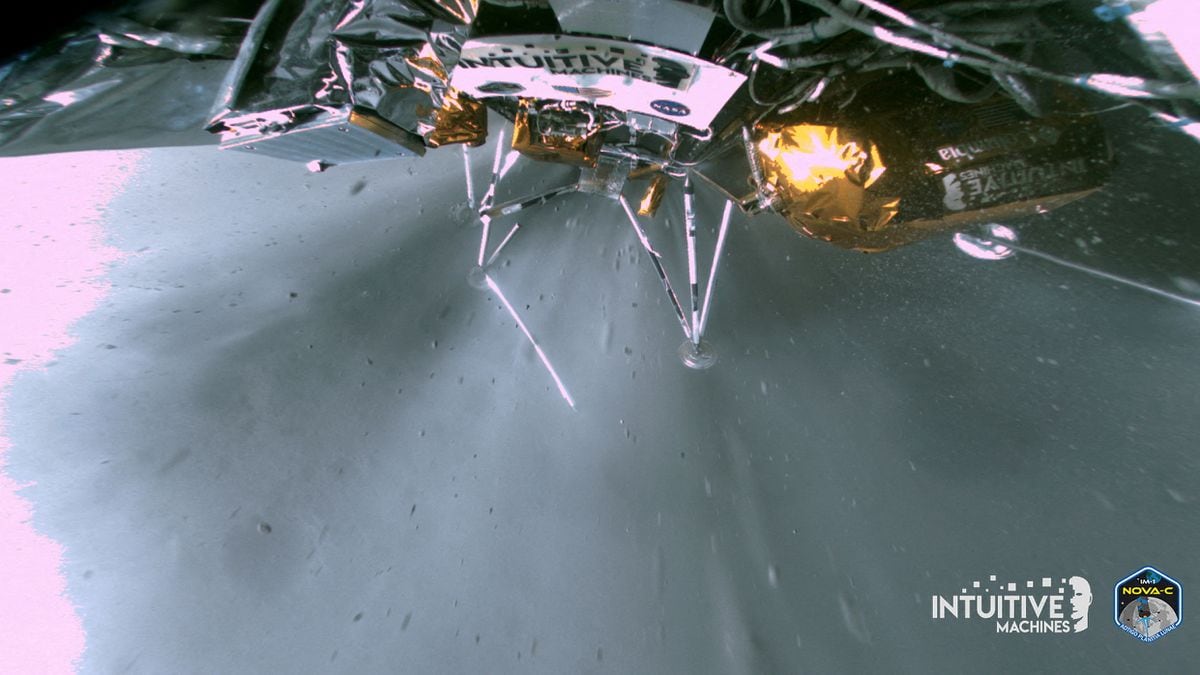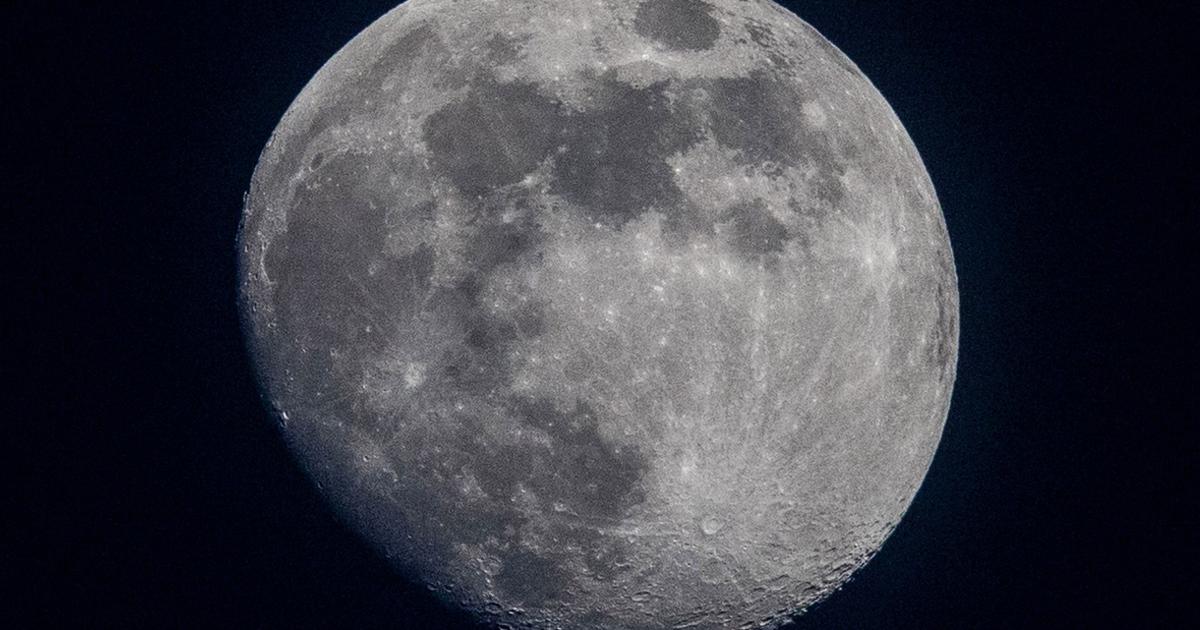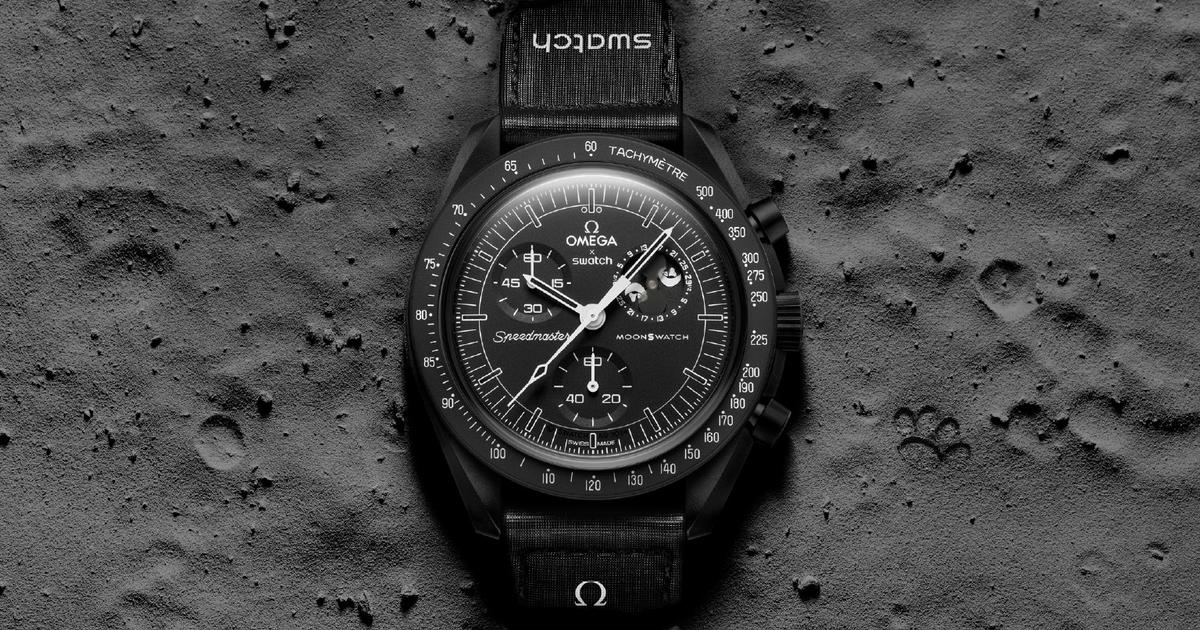"What a lucky son of a bitch."
These were the first words out of Walter Cunningham's mouth on May 7, 1961. He had just heard on the radio the roar of the rocket that carried the first American astronaut into space, Alan Shepard.
That young physics student was still unaware that only seven years later he would pilot
Apollo 7
, the mission that opened the doors for the arrival of the first human on the Moon.
Cunningham, the last survivor of the three crew members of that historic mission, died yesterday at the age of 90, according to the United States space agency (NASA).
In January 1967, Cunningham had heard the terrifying screams of his three companions as they burned alive in the
Apollo 1
capsule without anyone being able to prevent it.
The next three to board one of those ships,
Apollo 2
, were him and his companions Walter Schirra and Donn Eisele.
The mission was cancelled, NASA improved the safety of its capsules and reselected those three astronauts for a new mission: Apollo 7. It would be the first of the program to go into space and complete 163 orbits around the Earth before returning. to home.
In his memoir,
The All-American Boys
, Cunningham wrote: “Flying is a death-oriented business.
Either you accept the odds or you are left out.
[...] There are worse things than dying”.
Cunningham was born into a humble family in the state of Iowa. Before his 20th birthday, he enlisted in the Navy, became a pilot and served in night combat flights during the Korean War in 1953. He will go down in history as an unusual astronaut.
When he was selected by NASA in 1963, he was no longer active in the military, but he did have an important science background as a Ph.D. in physics, a profile that the agency wanted to promote.
He also didn't fit the usual profile from a spiritual point of view, as he had “left organized religion” 15 years earlier.
Apollo 7
launched on October
11, 1968. Its three crew members spent 11 days in space, a record for a test mission.
For the first time, images of astronauts floating weightlessly and doing interviews and jokes for the viewers were televised.
The astronauts also docked with part of a rocket;
dress rehearsal for the future moon landing.
The next mission,
Apollo 8
, was the first to orbit the satellite.
And after two more training missions,
Apollo 11
astronauts Neil Armstrong and Buzz Aldrin set foot on the satellite on July 20, 1969.
After returning to Earth, Cunningham remained an outspoken character.
In 1972, a
New York Times reporter
asked him if he had found God in space.
His response was very different from that of many of his classmates: “I am a scientist and everything I found during the flight can be explained [by the laws of physics].
It has not changed my vision of religion nor did I have any revelation”.
Walter Cunningham during his participation in the Starmus V festival in 2019. Max Alexander
After his space voyage, the physicist led the Skylab program to build the first US space station. He left NASA in 1971 and later went into real estate and other occupations.
In more recent times he has become a controversial figure in denying that human activity is driving climate change.
In his last years, the astronaut defended that space exploration should pursue new goals, although he regretted that space no longer has such a leading role in society.
"We reached the Moon because we were not afraid of the unknown and because we wanted to take risks," Cunningham said in 2019, during a visit to Madrid to participate in an event that commemorated the 50th anniversary of the arrival on the Moon, organized by EL COUNTRY, Matter and Openmind.
“Only three generations passed between the first manned airplane flight [1903] and the first time a human went into space and orbited the Earth [Yuri Gagarin in 1961].
However, two generations have passed for whom space exploration milestones are just things they can read about in history books,” he noted.
Cunningham was the last living crew member of the
Apollo 7
after the death of Eisele and Schirra in 1987 and 2007, respectively.
NASA plans for humanity to return to the Moon in 2025. This time the protagonists will also be atypical compared to their predecessors: a woman and a non-white person will set foot on the satellite again 56 years later.
You can follow
MATERIA
on
,
and
, or sign up here to receive
our weekly newsletter
.

/cloudfront-eu-central-1.images.arcpublishing.com/prisa/224MDZ7KEBHSTDSFY6SW3ZRBII.jpg)







